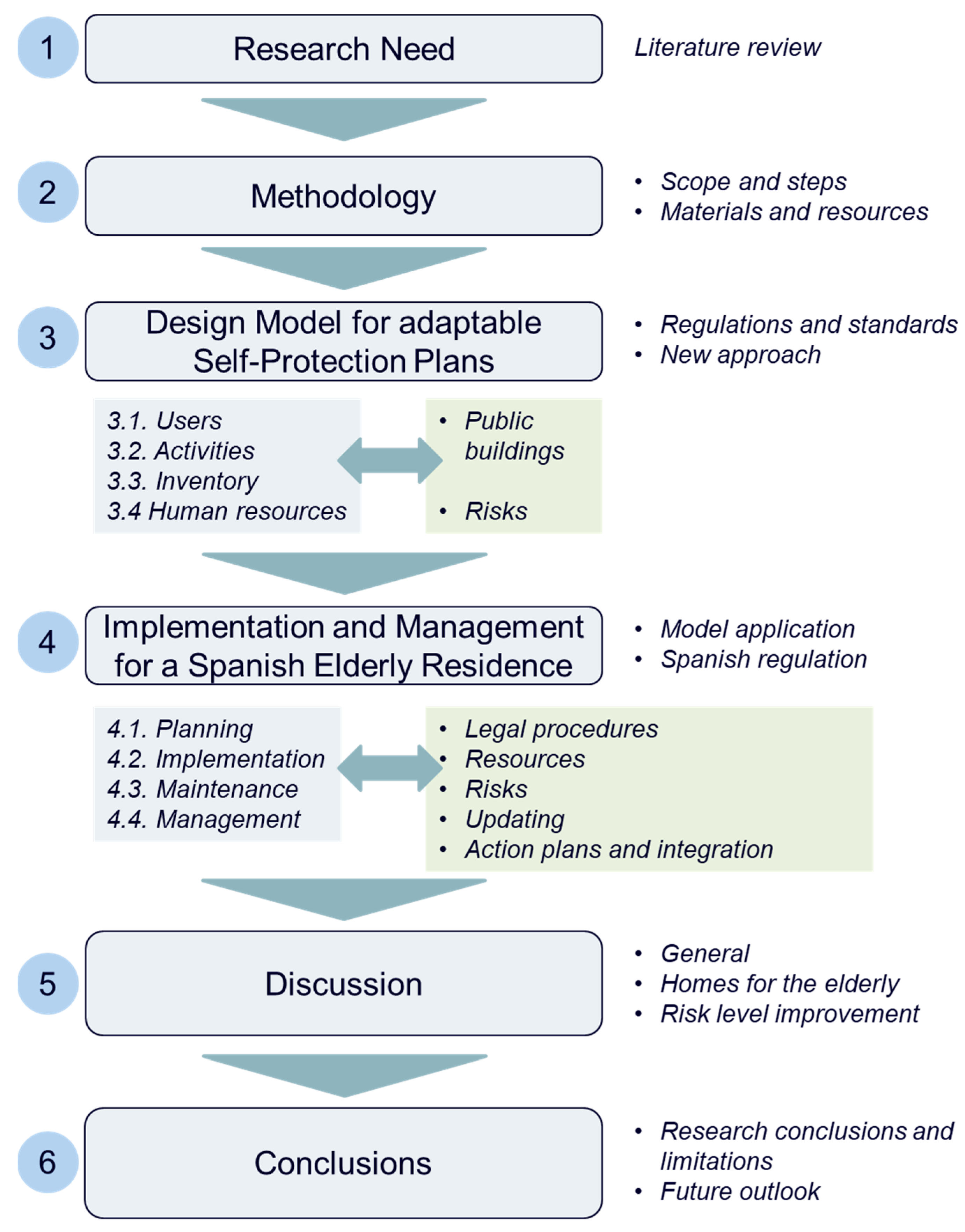The Three Pillars of Empiricism (Scrum)
Por um escritor misterioso
Last updated 10 novembro 2024

Empiricism means working in a fact-based, experience-based, and evidence-based manner. Scrum implements an empirical process where progress is based on observations of reality, not fictitious plans. Scrum also places great emphasis on mind-set and cultural shift to achieve business and organizational Agility. The three pillars of empiricism are as follows:

Debate #6 –Should all your Agile teams be run the “same” way? - Rachael Wilterdink

The Three Pillars of Empiricism (Scrum)

Scrum Framework Fundamentals: Pillars and Values - Netmind
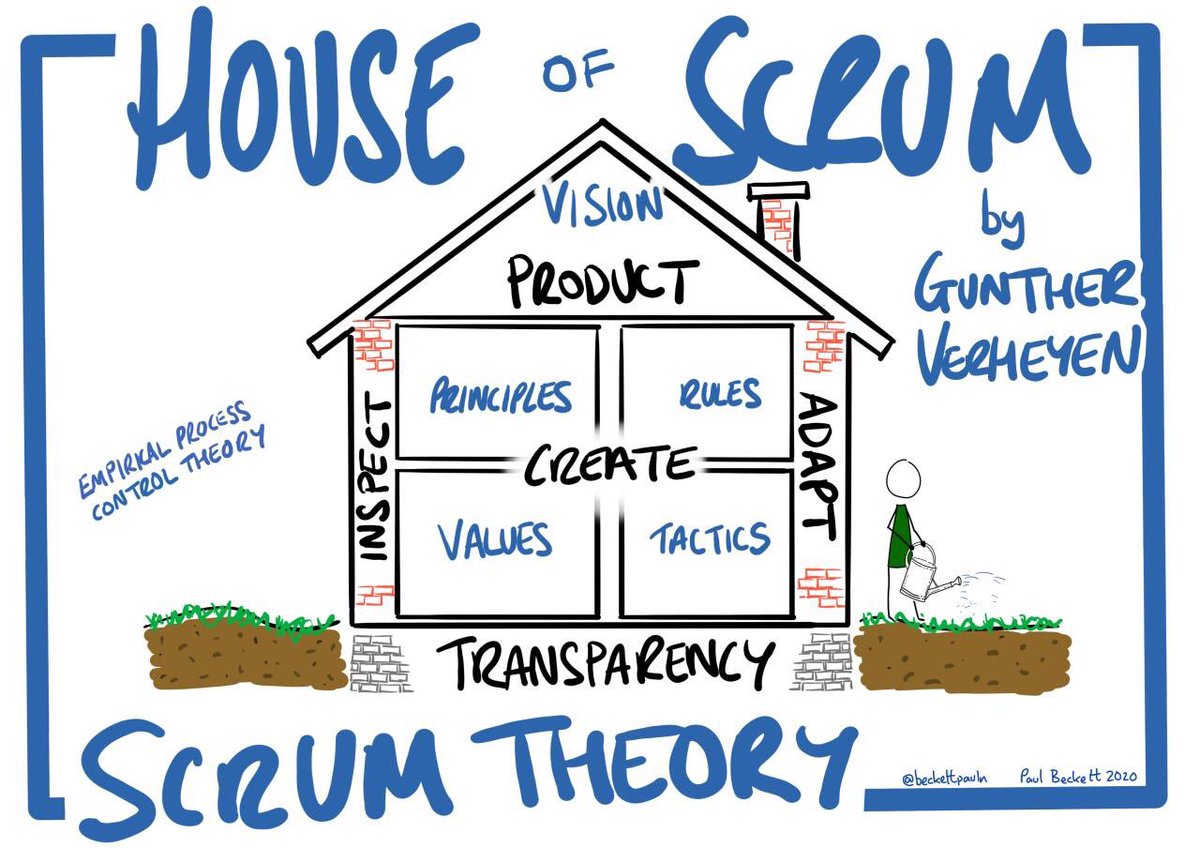
Empiricism explained with the help of Making Pancakes » OHANCE

Empiricism explained with the help of Making Pancakes » OHANCE

Scrum Pillars Explained Scrum Guide Simplified
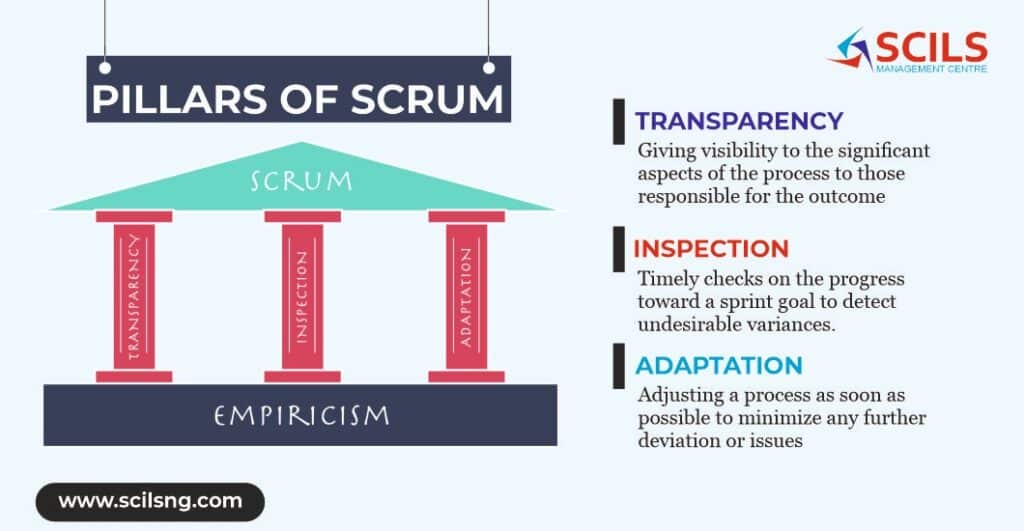
The Three Pillars of Scrum - Empirical Process - SCILS MANAGEMENT CENTRE
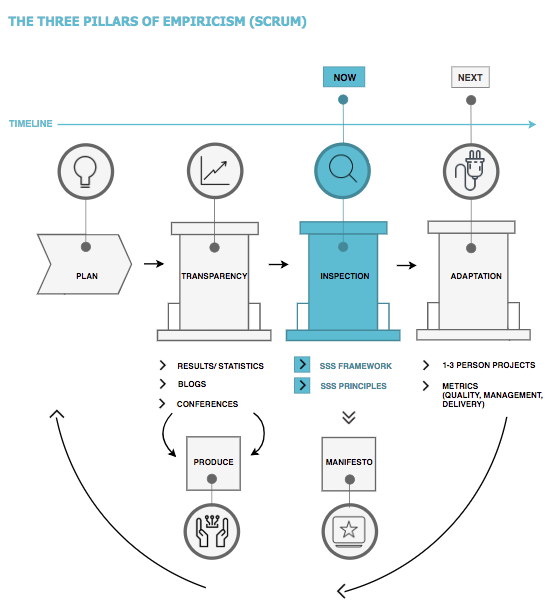
Testing Small Scale Scrum in the real world

The Three Pillars of Scrum

Scrum's Three Pillars. Scrum Definition, by QA Talks Community

The Three Pillars of Empiricism (Scrum), PDF, Agile Software Development
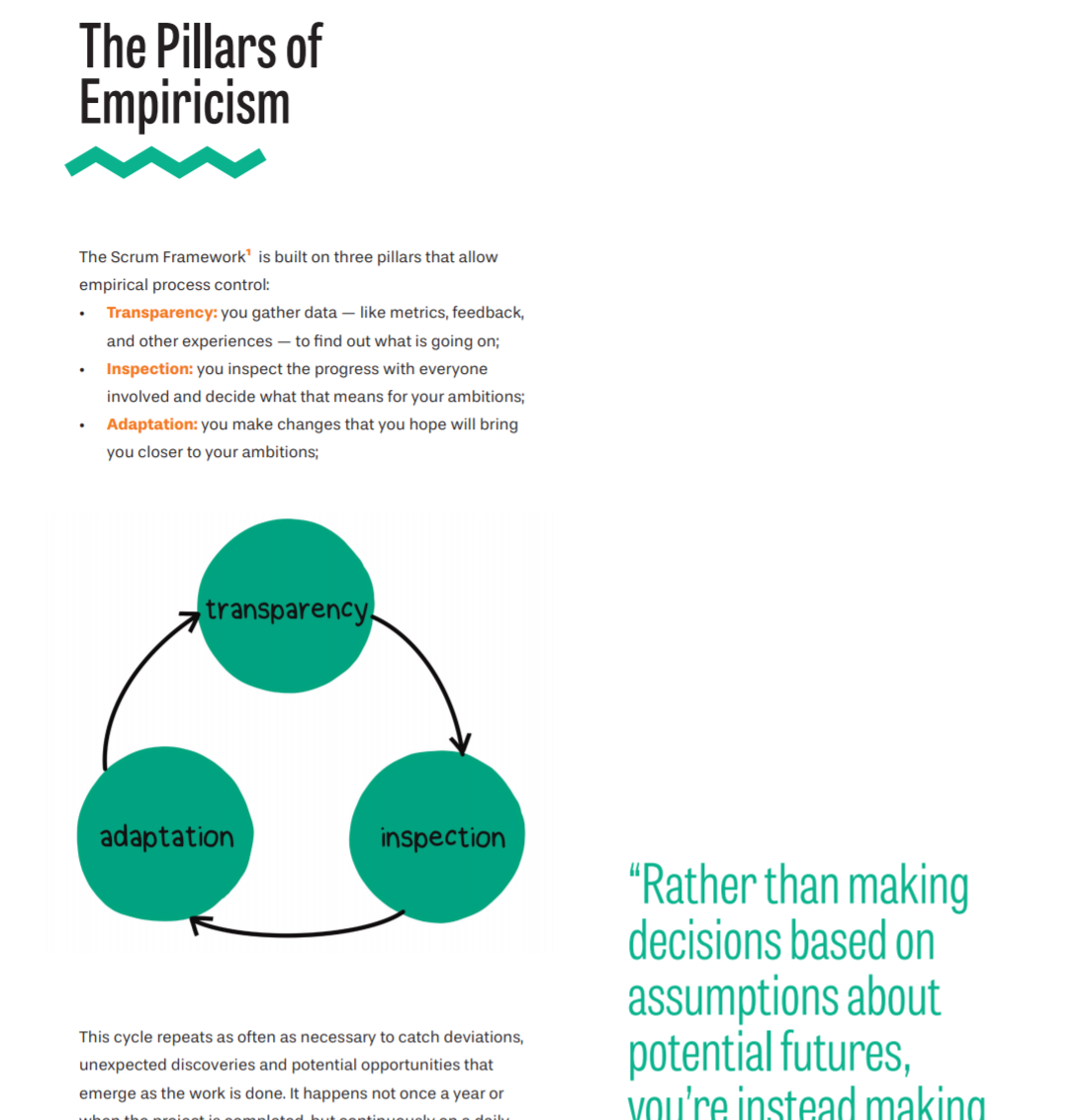
Whitepaper: Scrum: A Framework to Reduce Risk and Deliver Value Sooner – The Liberators
Recomendado para você
você pode gostar
![2000+ Text Abbreviations List - [Updated 2023]](https://dexatel.com/images/blog/47/cover/text-abbreviations.webp)
